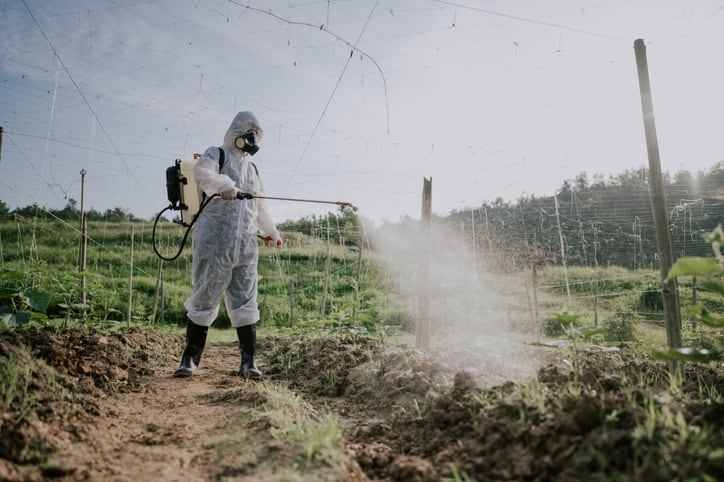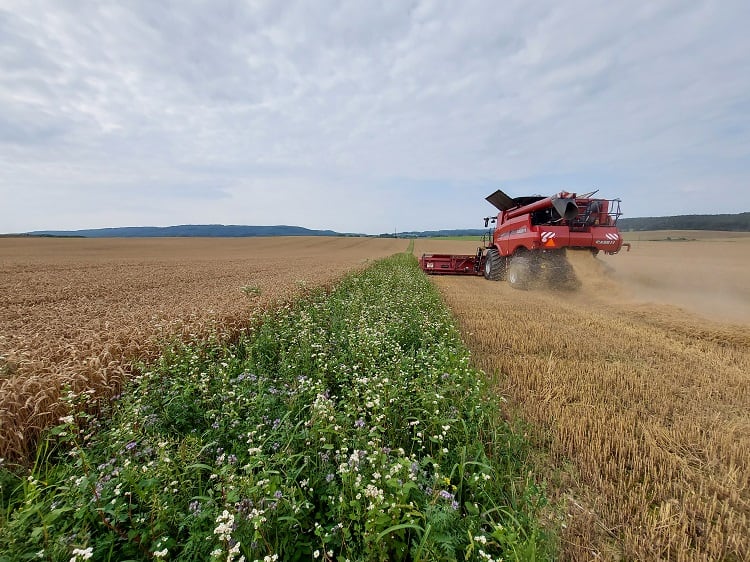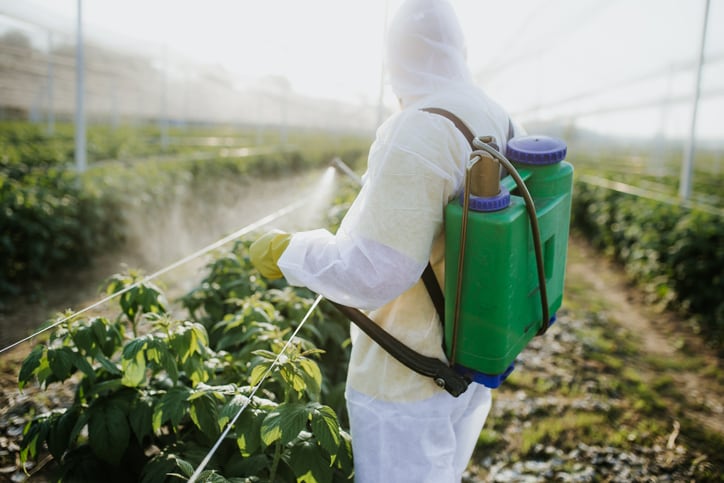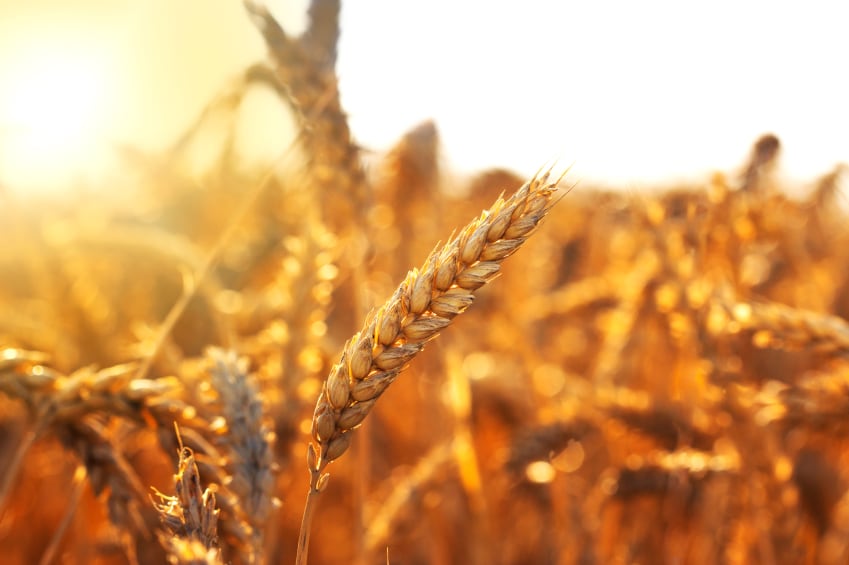The chemical weedkiller glyphosate invented by Monsanto, now part of Bayer, has been subject to class-action litigation in the US. It is the most widely used pesticide in the world – used to treat a host of crops such as corn, soy, wheat, and oat crops –and is currently approved for use in the EU until 15 December 2023.
In 2015, the World Health Organization’s International Agency for Research on Cancer (IARC) classified glyphosate as ‘probably carcinogenic to humans’.
A risk assessment by Member States and the subsequent peer review by EFSA was carried out as part of the legal process to renew the approval of its use in Europe. EFSA’s conclusions will now be used by the European Commission and Member States to decide whether to keep glyphosate on the EU list of approved pesticide active substances.
The latest assessment of the impact of glyphosate on the health of humans, animals and the environment did not identify critical areas of concern, though some data gaps -- including a lack of information about the toxicity of one of the components present in the glyphosate-based pesticide formulation submitted for evaluation – were reported in EFSA’s conclusions. It follows the European Chemicals Agency (ECHA)’s hazard assessment of glyphosate which concluded that it did not meet the scientific criteria to be classified as a carcinogenic, mutagenic or reprotoxic substance.
On biodiversity, EFSA’s experts recognised that the risks associated with the representative uses of glyphosate are ‘complex and depend on multiple factors’. They also noted a lack of harmonized methodologies and agreed specific protection goals. Overall, the available information ‘does not allow firm conclusions to be drawn on this aspect of the risk assessment and risk managers can consider mitigation measures’, they said.
“The risk assessment and peer review of glyphosate represents the work of dozens of scientists from EFSA and the Member States in a process that has spanned over three years. It is based on an evaluation of many thousands of studies and scientific articles, and also incorporates valuable input gathered during the public consultation,” said the Head of EFSA’s Risk Assessment Production Department, Guilhem de Seze.
But Greenpeace, for one, fears the latest assessment has ‘opened the door’ to a renewed market authorisation for the controversial herbicide ingredient glyphosate, a move that ‘puts people’s health at risk’.
Greenpeace EU pesticides campaigner Eva Corral said: "For years the evidence of glyphosate's toxicity for people and the environment has been stacking up, but the European food safety authority has once again decided to sweep it under the carpet. The Commission and EU governments have a duty to protect people and nature: they must reject its re-approval and put European farming on a sustainable course."
Greenpeace claimed that in 2017, over a million people called on the European Commission to ban glyphosate, and the European Parliament called for it to be phased out by the end of 2022. Since then, ‘more independent research has shed more light to glyphosate’s negative health effects for people’. It claimed recent research has also shown that glyphosate can be considered toxic to bees.
Campaigner foodwatch was also critical of EFSA's glyphosate assessment. Jörg Rohwedder, Executive Director from foodwatch International said: "Even after EFSA's assessment, the contrary evaluation of the World Health Organization's (WHO) International Agency for Research on Cancer (IARC), which classified glyphosate as ‘probably carcinogenic to humans’, is still in the air. If the scientific evidence does not provide clear answers, a political decision must be taken to protect the health of consumers - and as long as the evidence of potential cancer risks has not been refuted, only one decision is conceivable: The European Commission must take the precautionary principle into account and withdraw glyphosate's approval."
Industry watchdog group Corporate Europe Observatory also said in a statement: “The deeply flawed EU pesticide authorization system neglects a wealth of independent and peer-reviewed scientific studies that link glyphosate to severe health and environmental problems.”
“Many studies prove that glyphosate is genotoxic, neurotoxic, damages the gut microbiome and causes serious damage to soil, aquatic life and biodiversity.”





